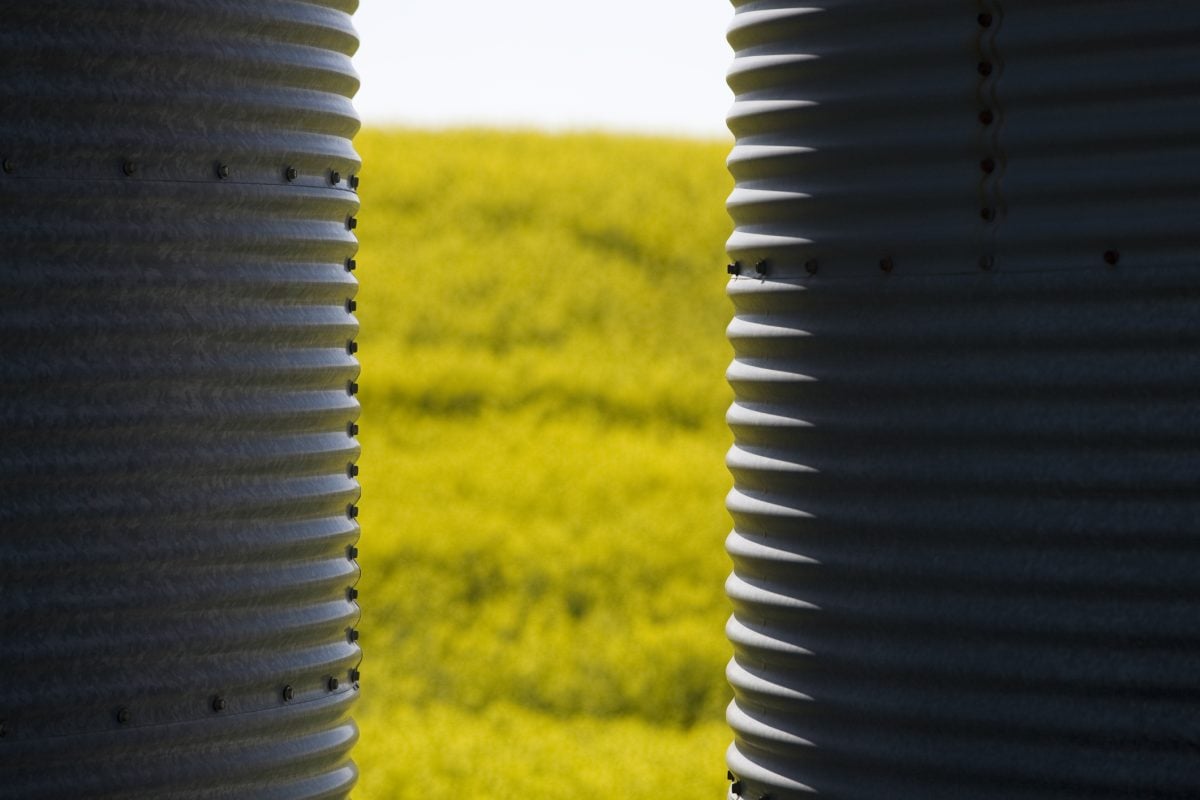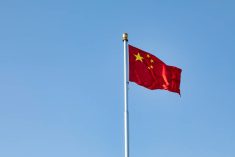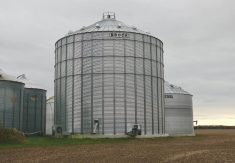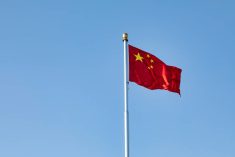Winnipeg | Reuters — Canadian farmers are reeling from China’s decision to impose hefty duties on their canola seed, after the surprise move spooked grain buyers into halting purchases and stoked worries there will be little demand for crop deliveries this autumn.
China hit Canadian canola seed imports with preliminary 75.8 per cent duties on Tuesday following an anti-dumping investigation, escalating a year-long trade dispute. Grain buyers reacted by yanking their bids to buy crops in the next few months, said Dale Leftwich, the policy manager for SaskOilseeds.
Read Also

Canadian agriculture must be seen as growth sector: Blois
Agriculture must be pushed as a sector of expansion and investment opportunity in Canada said Kody Blois ahead of the Future of Food conference in Ottawa on Feb. 9.
Why it matters: China is Canadian farmers’ largest canola seed market and would be difficult to replace.
“It throws everything into confusion,” said Leftwich, whose organization represents oilseed growers in Saskatchewan.
“It’s a huge hit.”
China is by far Canada’s biggest canola seed market and will not be easy to replace, canola trade experts told Reuters. Canada exported almost C$5 billion of canola products to China in 2024, about 80 per cent of which was seed, and the steep duties would likely all but end those Chinese imports if they are maintained.
Futures prices fell as much as 6.5 per cent on Tuesday, hitting a four-month low at one point, and some traders said prices could fall further if the Chinese tariffs linger.
China did not say on Tuesday how long the duties would last. A permanent decision on tariffs was expected for September but the preliminary duty had some wondering whether the timeline might be extended.
Farmers sell their crops to local grain elevator companies who temporarily store the grain, before loading it onto trains and then ships for export to overseas markets like China.
Grain elevator companies are worried they will not be able to ship out canola seed that they buy from farmers, so are unlikely to buy more until they have a clear sense of what will happen, traders said.
Farmers are wondering how they are going to pay the bank and cover bills, said Saskatchewan farmer Chris Procyk, who was having an early morning coffee with his wife when he received a flood of texts and emails about the Chinese trade action.
With the Canadian canola crop maturing and within days or a few weeks of harvest, selling the crop quickly is vital for farmers who need to cover bills for expensive inputs like fertilizer that they bought on credit.
“This is the worst possible time,” Procyk said.















